Indian steel manufacturers eye Chinese technology

Top Indian steel manufacturing firms are eyeing Chinese technology and low-cost equipment as India's steel capacity is expected to soar in the next 15 years, driven by growth in infrastructure construction in the the country.
"We will need Chinese equipment and technology suppliers for our steel industry's growth, since China has a mature steel industry after decades of development," said T V Narendran, managing director of Tata Steel.
India now has 80 million metric tons of steel production capacity and it is expected to grow to 300 million tons in the next 15 years in tandem with the pace of economic development as the country embarked on massive expansion of infrastructure.
China is now facing severe overcapacity in the steel industry, which has been hit by weak demand and continued losses.
Narendran said India's steel industry will continue to grow on the strength of the government's decision to focus on infrastructure construction.
"For Chinese steel companies facing overcapacity problems in their domestic market, it can be a good idea to invest in India," said Narendran, adding that India's steel market is open to foreign investors.
Indian and Chinese businesses looked to enhance tie ups specially in the back drop of improved relations as well as high profile visit of Chinese President, Xi Jinping to India during which China has committed USD 20 billion investments to build two industrial parks as well as modernisation of railways.
The Chinese equipment stated to be cheaper compared to other countries may have good chance to play a big part in the high cost Indian steel manufacturing expansion.
It costs about USD one billion to add one million tons of capacity, and equipment accounts for 30 per cent of that cost, which means India will create a market valued at USD 66 billion for steel production equipment in the next 15 years, the Daily report said.
"Normally, India's steel companies buy equipment from Europe. Since many European companies are producing in China, we can purchase directly from China in the future," Narendran was quoted as saying by state-run China Daily in Jamshedpur.
Tata SteelBSE -2.97 % will strengthen its sourcing relationship with China in the next few years, the report said.
Narendran said about 10 percent of the company's equipment - mostly coking ovens and reheating furnaces - comes from Chinese suppliers, and Tata Steel's intention is to increase the amount to 30 to 40 percent in the next three to five years.
"To achieve that goal, we will form a team of 10 to 15 people, based in Beijing or Shanghai, to source in China," Narendran said.
In the past 20 to 25 years, China's infrastructure construction developed rapidly, which created huge demand for steel and brought a "golden age" for China's steel mills, he said.
"India is an important partner for China in the manufacturing and infrastructure sectors, where China has rich experience and excess capacity," James Zhan, president of Tata Group China told the Daily.
"China's capital and capacity offers potential cooperation opportunities for the two countries," Zhan said.
However, investing in India's steel industry is not an easy task.
Zhan said land acquisition is one of toughest areas during investment, and it can take a very long time to accomplish.
"It is even a tough problem for Tata SteelBSE -3.00 %, not to mention Chinese companies," he said.
And language is also an obstacle as most senior executives of Chinese companies still depend on translators, which brings difficulties in the practical work, Zhan said.
Xu Lejiang, chairman of Baosteel Group, one of China's biggest steelmakers, said that India will follow a path similar to China's in terms of industrialisation, which means growing steel demand from India in in future years.
He said that against the backdrop of excess steel capacity in China, it is feasible for Chinese steel companies to expand overseas.
Developing regions, including the Middle East, Africa, Southeast Asia and Eastern Europe all offer potential opportunities for Chinese steel investors, he said.
Facing weakening domestic demand, most Chinese steel companies have experienced big growth in exports this year.
During the first eight months, China exported 56.4 million tons of steel products, up 34.3 percent year-on-year.
Net steel exports grew to a record high, rising 42.7 percent to 49.72 million tons, according to the China Iron and Steel Association.
XINSTEEL INFORMATION

 +86 371 55057610
+86 371 55057610  inquiry@xsteelplate.com
inquiry@xsteelplate.com


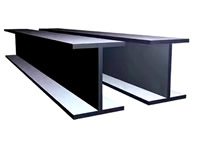
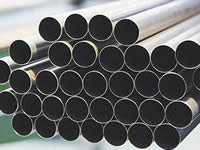
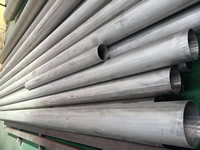
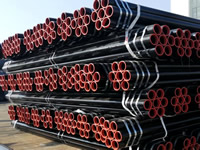
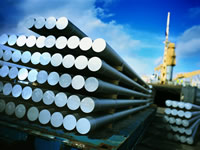

 Tel:+86 371 55057610
Tel:+86 371 55057610  Fax: +86 371 5505 7611
Fax: +86 371 5505 7611